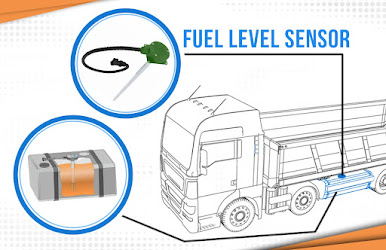Customized Fuel Tracking Technology to Accelerate your Business
If you approach any fleet manager regarding their costliest and most unexpected expense, 'fuel' would be the most common answer. The major constraint is the lack of predictability, as the price of fuel is affected by hundreds of external economic factors that none of the fleet management businesses can regulate or estimate. The best part is that the effective implementation of innovative customized technology can empower fleet managers in managing uncertainties and addressing the burden of increasing fuel rates. Modern commercial fleet fuel management solutions assist to optimize fuel costs by allowing managers to regulate every transaction and track the volume of fuel used per vehicle in real-time. Managers could regulate fuel consumption to a different level by evaluating data generated using telematics systems. Let us get straight to the point and explore how it functions and what benefits fleet fuel monitoring systems can offer to businesses. What...





